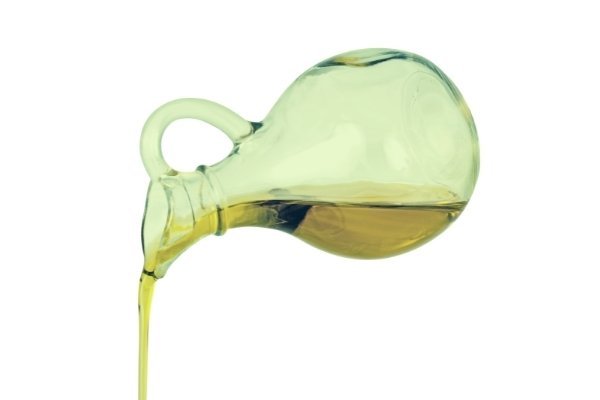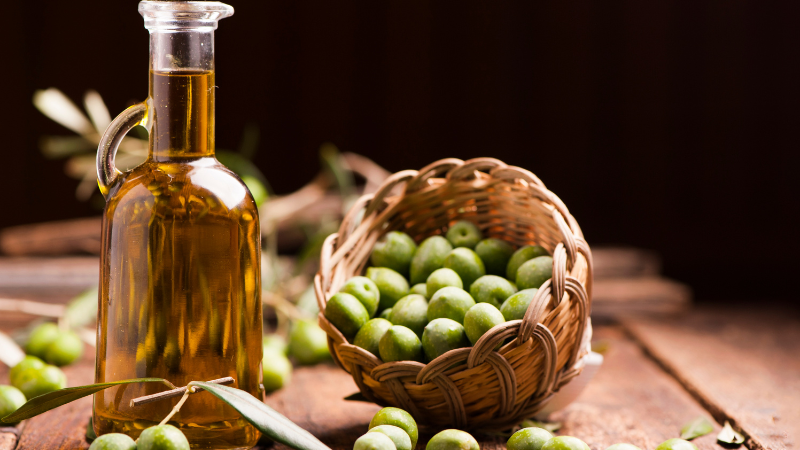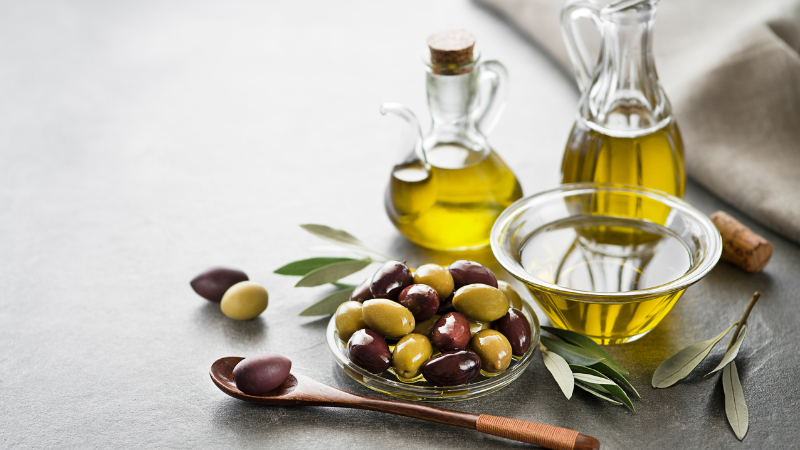How to Dispose of Olive Oil (and Are There Other Uses for Old Oil?)
When you have used oil that you need to get rid of, instead of fussing and all the hassle, you may think it is easy enough to just pour it down the drain. However, if that is what you have become accustomed to doing, STOP! Although it’s easier, it’s not the best solution and can lead to problems that could cost money and even more hassle to fix.
In the following post, we are going to discuss why it’s a bad idea to put it down the drain and offer suggestions about how to dispose of olive oil safely.
How do you properly dispose of olive oil?
Is it safe to put olive oil down the drain?
Many people reason that because it is in liquid form that it is fine to pour olive oil down the drain. After all, it will just mix with the water and rinse away easily, won’t it?
Although that would be an easy solution and it would be nice if that’s what happened – it’s not what happens at all.
In the first instance, when you pour oils like olive oil down the drain, it actually coats the surface of the pipes and can lead to slow drains and eventually even clog them.
Any food or other things that make their way into the drains can potentially stick to the oily surface of your pipes and block them.
Even in the sewer system, oil can cause problems because it clings to other debris and drain/sewer clogging items like food waste and create what is often referred to as “fatbergs”.
What’s more, when the temperature is just right, that is, below 40-degrees Fahrenheit, it can solidify, which creates even more problems.
How do you dispose of extra virgin olive oil?
Fortunately, there are several alternatives to causing potential problems with your drains when you want a quick and easy way to dispose of extra virgin olive oil.
Let it Naturally Solidify
As noted above, if left to cool down and if it gets to a specific temperature, olive oil, like most other oils, apart from canola oil, will solidify.
You can use this natural process to your advantage and make things easy on yourself when trying to dispose of the oil.
Let it solidify and then use a paper towel to wipe up all excess oil and then put it in the bin.
Put It Into a Sealable Container
What if it doesn’t solidify or you don’t want to wait for that process? You can pour the used olive oil into a sealable container and then put it into the bin.
Use as a Supplement For Your Compost
Do you make your compost? As extra virgin olive oil, like other vegetable oils, is an organic material and can therefore be added to your compost heap.
You need to be careful to not add too much as it could slow down or completely kill organic processes.
The best thing to do is add it gradually, small volumes at a time. Make sure you mix it thoroughly, so it is properly incorporated into the compost.
However, pouring out large quantities of olive oil into soil is bad for the environment according to a study.
Recycle
Check if your local recycling centre has the facilities to deal with used oil.
Then invest in sealable containers that you can keep handy to collect up any oil you have used and need to get rid of.
Then you just need to take it to the recycling centre and dispose of it.
What can you do with old olive oil?
Why dispose of it at all, when you can re-use oils like extra virgin olive oil.
This is something that people in the know have done for centuries, but because we live in a society where things are often used once and then thrown, the majority don’t know it’s possible.
There are some important rules you need to follow when keeping used oil to use it again, but once you get a handle on these you will find it is very easy.
Another huge motivating factor is the amount of money you can save because you will not need to buy as much oil as you did before you started reusing it.
What you need to realise is that whenever your warm oil up, it starts to degrade, which can lead to a loss in flavour and nutritional value, but an increase in the development of compounds with high toxicity levels.
If you normally use oil when frying, you can slow down this process by using it for much shorter periods and only heating it to lower temperatures.
The good news is that extra virgin olive oil and olive oil, in general, has been found to have a much slower degrading rate than other oils.
You also need to be sure to remove any batter or food particles before you store used cooking oil as any organic matter in the oil over time can quicken the rate at which it degrades.
Bonus Tip – as oil will keep some of the flavours of any food you have fried in it, it is probably best to only use that food for cooking the same types of meals and ingredients.
For instance, if you cooked some fish in oil you plan to reuse, unless you want your mince or eggs and bacon tasting like mackerel, it may be best to save that for the next time you cook fish and seafood.
Summary
So, next time you are ready to just dispose of cooking oil, whether it’s used cooking oil or not, the last place you want to be putting it is down the drain.
By following the tips above, you can easily create a simple system.
We have all had to make adjustments to how our rubbish is dealt with globally. Recycling is becoming more and more an integral part.
Therefore, just as you had to adapt and start separating a lot of your rubbish into different bins, if you want to avoid problems with your drains and don’t want to contribute to fatbergs, you need to start trying to dispose of used cooking oil in a safe and environmentally friendly man
Iliada takes the utmost care in our olive oil production and have won multiple awards for taste and quality. See our store for our range of GREEK OLIVE OIL



